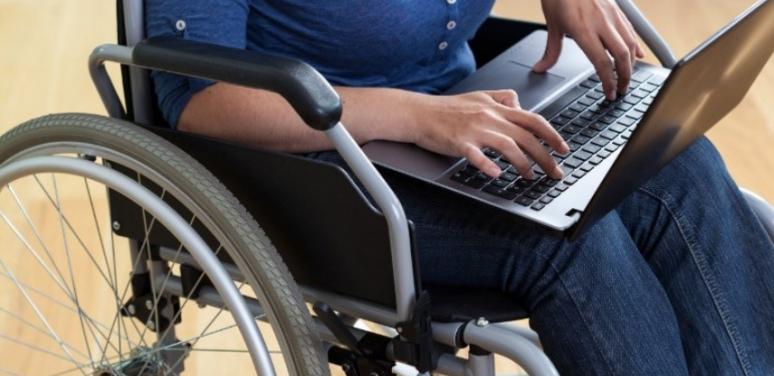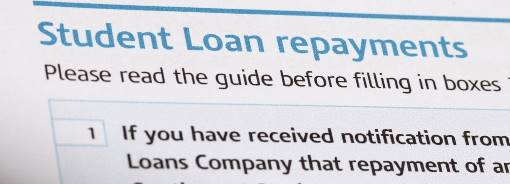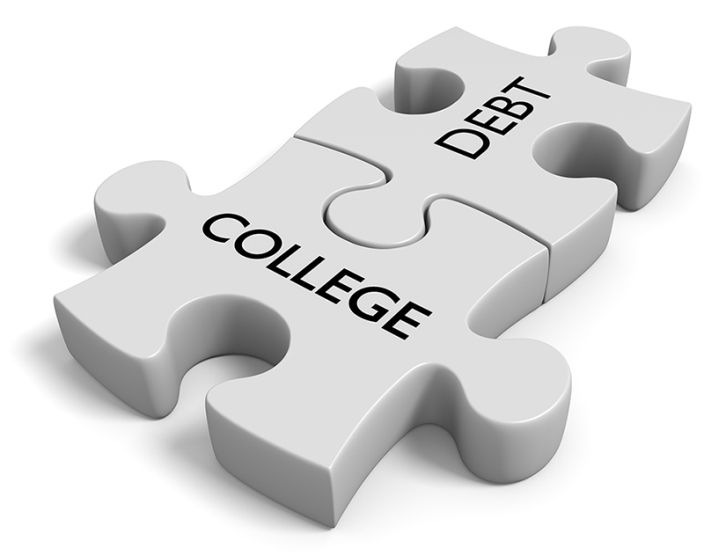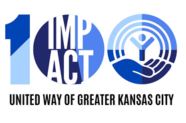Tips for Student Loan Borrowers with Disabilities

Student loan borrowers with disabilities face challenges when repaying student loan debt. Borrowers with disabilities complain to the Consumer Financial Protection Bureau (CFPB) about problems. These problems can increase borrowers’ financial distress.
Servicing breakdowns that lead to delinquency and default can be particularly devastating for borrowers with disabilities. This is because some of these borrowers may be eligible to have their loans discharged. However, these borrowers report difficulties navigating the discharge process or getting help from their student loan servicer.
People with disabilities are more likely experiencing financial insecurity. Student loan obligations may contribute to this financial distress. However, federal student loans have a range of protections under federal law. These protections are designed to prevent borrowers from struggling with unaffordable monthly payments.
For example, nearly every federal student loan borrower has the right to make income-driven payments. Income-driven payments are usually not more than 10 or 15 percent of a borrower’s discretionary income. This protection is crucial for borrowers with disabilities, as they are more than twice as likely to be unemployed than those without disabilities.

Additionally, borrowers with total and permanent disabilities have the right to have their entire federal student loan balance forgiven. This loan forgiveness occurs through a process called Total and Permanent Disability Discharge (TPD discharge).
Borrowers eligible for TPD discharge may not be aware of their eligibility. Last year, the Department of Education identified approximately 387,000 borrowers with severe disabilities that were eligible for TPD discharge .
The Department of Education identified these borrowers through a data match with the Social Security Administration (SSA). 179,000 of the identified borrowers were in default. Borrowers in default on federal student loans are at risk of having their Social Security benefits offset.
Borrowers with total and permanent disabilities who are struggling with federal student loan debt can avoid default by seeking a TPD discharge. Due to the tax implications of loan forgiveness, the discharge process cannot be applied automatically.
To receive TPD discharge , a borrower must first prove his or her disability. Most borrowers can prove their disability by either providing
-
a doctor’s certification of total and permanent disability, or
-
specific documentation from SSA that indicates a current disability.
Veterans with a service-connected disability can provide documentation from the Department of Veterans Affairs (VA) demonstrating their disability determination.
After borrowers are approved for TPD discharge, they remain in a "review period" for three years. Discharged loan balances can be reinstated if the borrower’s income increases or disability determination changes during the review period.
Borrowers with disabilities who are eligible for loan discharge may still struggle to get relief from the burden of their student loans. Borrowers complain to the CFPB about problems related to every stage of the TPD discharge process.
People with severe disabilities may receive treatment from multiple medical professionals. These medical professional may have different specialties. Borrowers trying to prove their disability through a doctor’s certification complain that a single doctor may not be able to adequately certify the severity of a borrower’s disability status.

Other borrowers complain that their discharge application may be denied because the doctor’s explanation of the disability doesn’t include the appropriate description of the disability.
Older borrowers may rely on their status as Social Security disability beneficiaries to prove their eligibility for discharge. These borrowers also complain about discharge hurdles. When these borrowers reach their full retirement age according to SSA, their benefits are automatically converted into "retirement" benefits. As a result, they will no longer receive documentation from SSA that states their current disability status.
This transition of benefits can occur while a borrower’s TPD discharge is in a review period. When this happens, borrowers complain that it is unclear how to continually prove their current disability status.
Borrowers also complain that their servicer may provide little guidance on additional options for proving their disability status. Borrowers report having their loan balances reinstated because they did not understand how to adequately prove their continued disability.
Borrowers seeking to prove their disability status without using their Social Security disability benefits can request a Benefits Planning Query (BPQY) from SSA .
A BPQY includes a documented history of benefits received from SSA. However, borrowers complain that obtaining their BPQY can be costly or burdensome. For example, one borrower complained that she cannot afford the fee SSA charges to provide a copy of her BPQY. This borrower states that, as a result, she cannot apply for TPD discharge.
Federal student loan borrowers with total and permanent disabilities aren’t the only ones facing problems. Unlike federal student loans, there is no right under federal law to an affordable private student loan payment.
Private student loan borrowers with disabilities tell us that they cannot afford their student loan payments because of limited or inability to work. These borrowers complain that there are limited options for modified repayment of their student loans.
Some private lenders will forgive a student loan if the primary borrower becomes totally and permanently disabled. Borrowers with student loans from these lenders complain that the forgiveness process can be lengthy and confusing. Borrowers also report that the requirements around providing proof of their disability may be unclear. Other borrowers with disabilities complain that their lenders may not offer any options for loan forgiveness.

If you are disabled and struggling to repay your federal student loans, here are some tips that can help you as you navigate your repayment options.
1. Have current proof of your disability. Whether you have private or federal student loans, you will need complete and up-to-date proof of your total and permanent disability. If you have federal student loans, you have three options for proof:
-
Physician certification. Ask your doctor for a certification documenting your disability. The certification must show that your disability is total and permanent, meaning that your disability prevents you from working for income, and either has (1) lasted continuously for the last five years, (2) can be expected to last continually for at least five years, or (3) is terminal.
You need to submit your discharge application within 90 days of the certification being signed and dated. If you have federal student loans, your doctor can certify your disability using Section 4 of this form .
-
Social Security award letter. If you receive Social Security disability insurance (SSDI), you can prove your disability using your SSA award letter. The SSA letter must indicate that your next scheduled disability review will be within five to seven years of your most recent disability determination.
If you previously received Social Security disability benefits but now receive retirement benefits, or your benefits notice does not indicate when your next disability review will occur, you can prove your disability by submitting a copy of your BPQY.
You can request a copy of your BPQY from your local Social Security Administration office . You can also call 1-800-772-1213 and request to be mailed a copy of your BPQY.
-
Veteran disability determination. If you are a veteran with a service-connected disability, you can provide a letter from the Department of Veterans Affairs documenting your disability rating and stating you are unable to work as a result of that disability.
If you have private student loans, contact your student loan servicer to ask how to prove your disability. Many private student lenders have their own forms to document a disability.
2. Apply as soon as you can. If you think you may be eligible for disability discharge, contact your servicer as soon as you can.
If you have federal student loans, your servicer should automatically place your loans in deferment. This deferment means that will not have to make payments while your application is under review.
If your loan is in default and your Social Security benefits are being offset, the offset can be suspended while your discharge application is reviewed.
Some private student lenders may also suspend monthly payments while your application is reviewed. Keep in mind that interest will still accrue on private student loans. The interest may be capitalized if your discharge application is denied.
3. Ask about other repayment options. If you are not eligible for a loan discharge due to a total and permanent disability, you might be eligible for a modified repayment plan depending on what type of loan you have.
Nearly every federal student loan borrower can enroll in an income-driven repayment plan. An income-driven repayment plan sets monthly payments based on borrowers’ income, even if they have no income.
If you have private student loans but do not have the option of disability discharge, reach out to your servicer and ask about alternative repayment options. Here is some more information that can help you as you work with your servicer.
4. Keep checking in with your servicer until your review period is complete. After your TPD discharge application for federal student loans is approved, you should stay in contact with your servicer for at least the next three years. If at any point during this three-year review period you start receiving an income or your disability determination changes, you may be required to repay the balance of the discharged loan.
Your servicer may ask you for annual updates on your income, so be sure to provide your servicer with your latest address and phone number.
There is no review period for veterans who receive loan forgiveness due to a service-connected disability.

Remember that there may be tax implications related to the discharge of a student loan. Discharged federal student loans will be reported to the Internal Revenue Service (IRS) as income . If you have private student loans, ask your servicer for more information on how your debt will be handled after discharge.
Check out the CFPB's tips to help student loan borrowers navigate problems with their student loans.
If you are having problems with your student loans, visit the CFPB's Repay Student Debt tool. This interactive resource offers a step-by-step guide to show borrowers their repayment options, especially when facing default.
Student loan borrowers experiencing problems related to student loans or debt collection can also submit a complaint to the CFPB.
You can find more information on the CFPB students page.
Seth Frotman is the CFPB’s Student Loan Ombudsman. To learn more about CFPB's work for students and young consumers, visit consumerfinance.gov/students.



